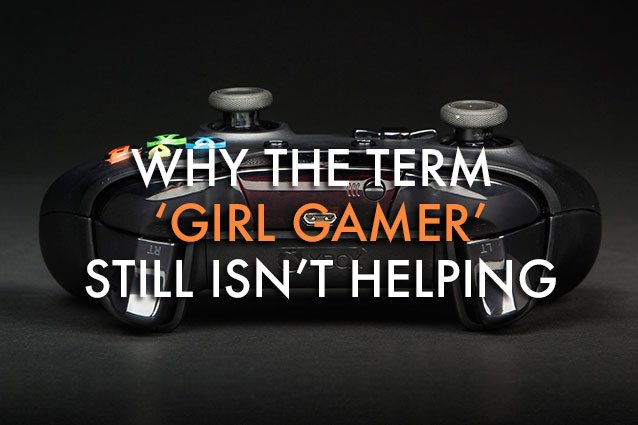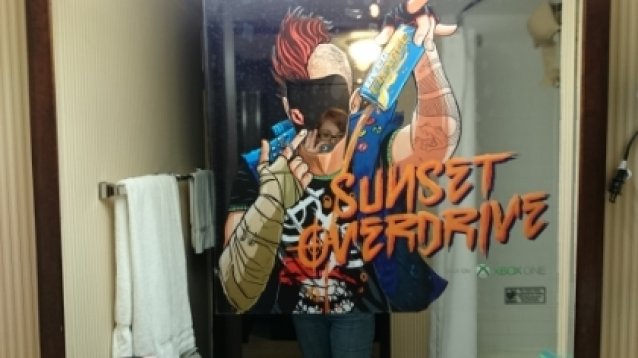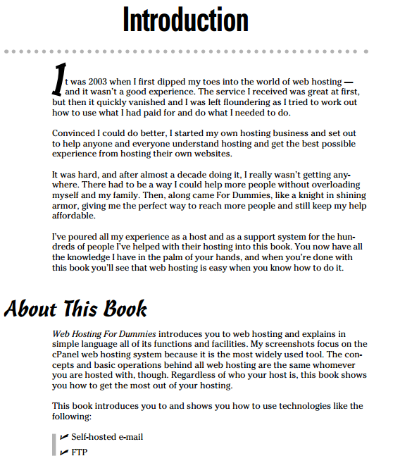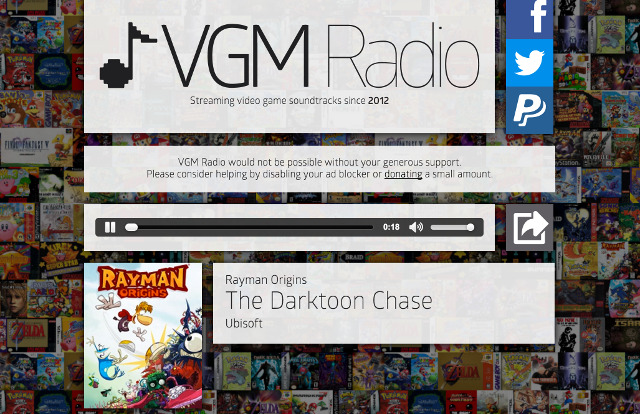


White male gamers are still seen as the “norm” in video games, and it shows everywhere: despite two of the three major console companies being based in Japan, the majority of protagonists are white men. But it goes deeper than that. It also goes deeper than culture of binge drinking, an unnatural connection to Mountain Dew and Doritos, trash talking, and other hypermasculine nonsense. Granted, it's specifically white hypermasculinized nonsense, but there's only so much room in a single column. I'll address issues affecting people of color and other Othered sorts in later pieces.
I was sharply reminded at last month's E3 that the industry needs more awareness of women's perspectives. It was my ninth E3, but the first one I'd experienced as a woman travelling alone. I wasn't prepared for how different it turned out to be. I took some time to make sure that this really was an issue, not just an annoyance. I decided to write about my experiences specifically because I've been around so long. I have ten years of talking and writing about games under my belt, and I'm tired of seeing other sharp female minds leaving the industry because they get buried under a mountain of small imbalances.
For example, a woman who had washed out of a video game design program told me that she found the stress of her male classmates fighting over her overwhelming. She felt like her very presence was damaging the educational environment. Men don't live with the constant hyper-vigilance that comes with the increased currency of female sexuality. Every public action a woman takes involves some awareness of personal security, and this includes online interactions.
So guys don't understand why the video game tradition of slapping people's gamertags on publicly displayed items might put some women off. At the Titanfall launch, one of the activities was getting your gamertag screen-printed on a Titanfall t-shirt. It's a nice idea... except that I don't want the Rosetta Stone to my online gaming identity on my clothes.
At E3, the press conferences were noted boys clubs. Numerous twitter feeds tracked the profound under-representation of women on the press conference stages. But there were other, less quantifiable things too. It started first thing in the morning, with Xbox's Major Nelson butchering the Microsoft press conference's pre-game show. When I pointed out to the guy next to me that no woman could get away with looking like Major Nelson, never mind making his numerous obvious mistakes, the guy shrugged, nodded in agreement and said “Yeah. It's different.”
Once the trade show itself started, the shuttles stopped running at 7pm each night. This meant no parties for me, since the companies running the parties wouldn't allow me to bring a friend so I wasn't walking the streets of Los Angeles alone at night to hail a cab or get to the Metro. With the amount of money E3 makes, extending shuttle service for two hours each day wouldn't kill them, but there aren't enough women attending to make it “cost effective”. Cost effectiveness is the great diversity cop-out of businesses everywhere.
And there were awkward moments on the shuttle buses, even when they were running. The guy sitting next to me at the Sony press conference seemed totally cool until the ride back, when he decided to share his plan for how he was going to seduce the woman he was staying with. His plan was to tell her “Honey, your vagina won't lick itself.” In case you're wondering, that's not something that's a good idea to say to any woman, never mind one you just met in a work setting. I was so glad I had plans to meet some friends for dinner after that, because I needed to be around men who... didn't say things like that. It was one guy, and stupid comments don't cause much harm in the grand scheme of things. But it was, I thought, the capper of a very tiring day. But when I got back to my hotel room around 10pm, this was plastered on my bathroom mirror:

At first glance, it looked like a guy standing in my bathroom. It scared the crap out of me.
Now I don't claim that E3 is an especially hospitable place for anyone. But, like the guy at the press conference said, it's different for female members of the video game industry. We're “girl gamers”, which implies individual women who like games have far more in common than we do. When women disagree, we're dismissed as “not knowing what we want”, or “never being satisfied”, instead of the simple recognition that different women think differently.
Even companies that sincerely believe in gender equity fall short at times. Bioware console games' box art only featured the male version of the playable character until Mass Effect 3's reversible insert in 2012. And we know that Ubisoft is taking a step back with a lack of female characters in Assassin's Creed Unity multiplayer. If you need a concrete example of how clearly women are seen as the “other gamers”, there it is. When companies that big won't spend the extra money to be appropriately inclusive, how do we expect smaller, less wealthy companies to bother? (For the record, I say this as a massive fan of both companies)
When there is a woman on the creative staff at a small-to-medium-sized media company, she's usually a token. Being “the only girl” makes it very difficult to speak up about “girl stuff” at work. If you're the only woman in your office, and the sizzle reel your boss loves has too much jiggle for your comfort, are you going to say something? Probably not. If you think the portrayal of the female character in your company's product could be better, are you going to speak up? Probably not. If the workplace culture resembles a frat house and you weren't even a sorority girl, are you going to speak up? Probably not. Internal corporate media culture is a delicate thing, and you don't want to be seen as the odd woman out because that will mean that you might soon be out looking for work.
This will be the status quo in the video game industry until the idea of “girl gamer” is replaced by the idea that gamers include girls. Words, granted, mean less than actions, and if we can redeem “girl gamer” from the pejorative status applied to it in too many places, that’s great. However, the opinions of women in the video game industry should not be forced into segregated status, because every journalist’s or developer’s opinion is unique in ways beyond their gender. The ideal environment will be achieved when one person means one equally-considered opinion, no matter who that person is.
Liana Kerzner is a Canadian video game columnist, broadcaster, and lecturer who has been seen on G4, and been featured in the LA Times online edition. She has been playing video games consistently since 1981. No boyfriend or brother got her into it. Her mother used to hold her up to the coin-op machine to play Pac-Man. Follow her on twitter @redlianak




 Batman Arkham Knight Riddlers Puzzles / locations with maps
Batman Arkham Knight Riddlers Puzzles / locations with maps Video Game Music Radio: The Perfect Background Noise for Geeks
Video Game Music Radio: The Perfect Background Noise for Geeks 4 Tips for Doing Real Research on Android
4 Tips for Doing Real Research on Android Fallout 4 Tumblers Today Magazine locations
Fallout 4 Tumblers Today Magazine locations Madden NFL 15: All Achievements Guide
Madden NFL 15: All Achievements Guide